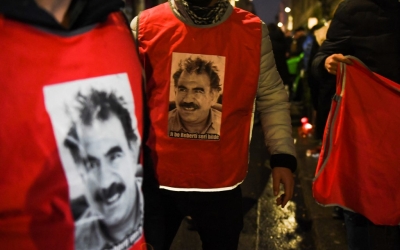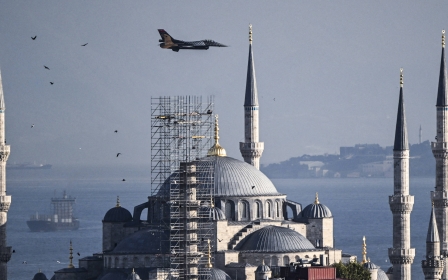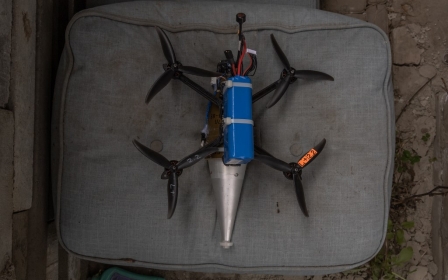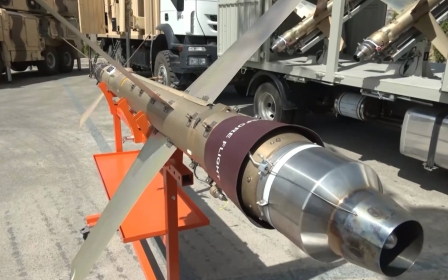Turkey: Erdogan’s nationalist ally invites jailed PKK leader Ocalan to address parliament
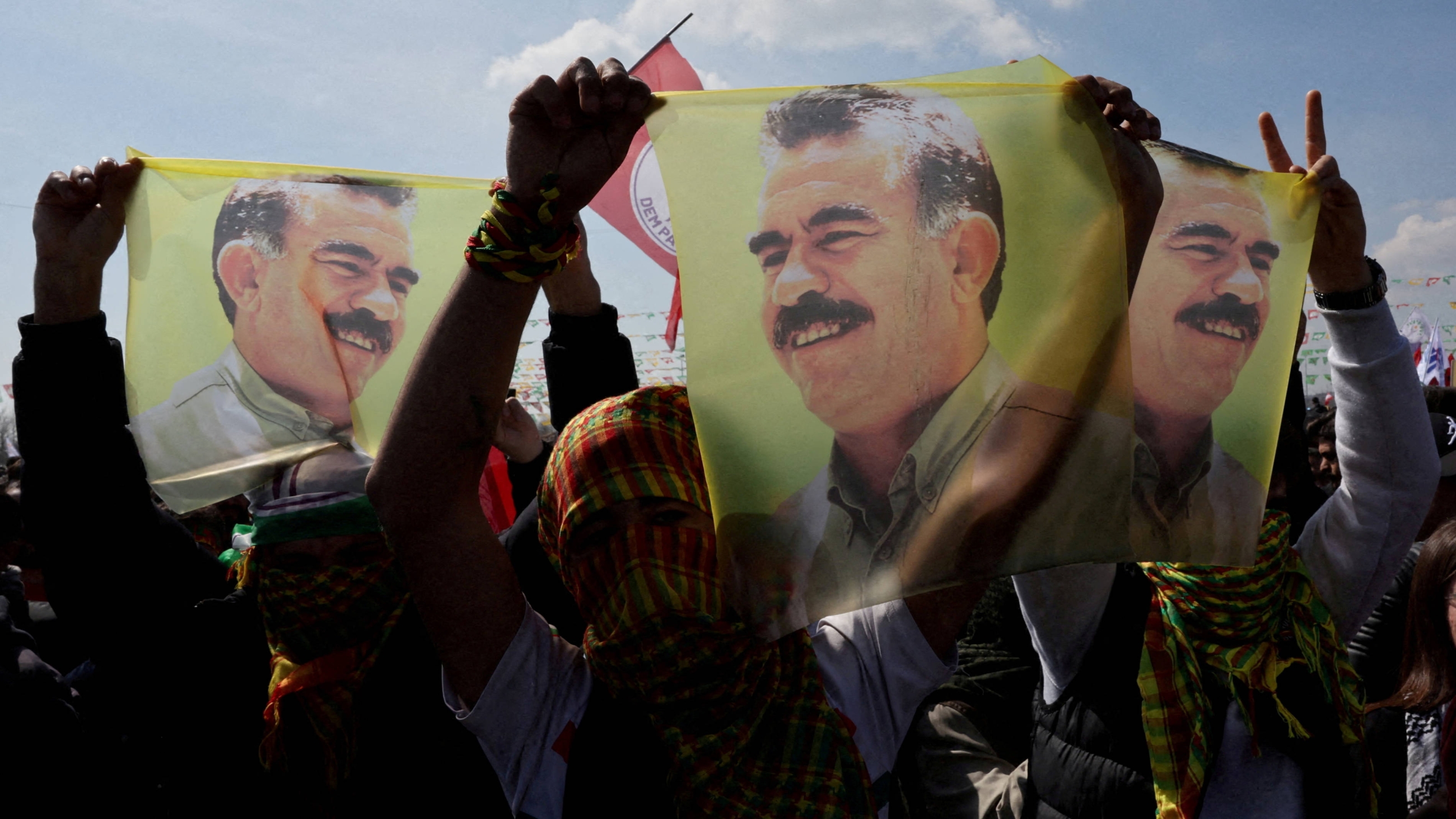
Turkish nationalist leader Devlet Bahceli on Tuesday invited Abdullah Ocalan, the longtime imprisoned leader of the Kurdistan Workers' Party (PKK), to make an appearance in parliament and publicly call for the dissolution of his group, sending shockwaves nationwide.
Bahceli’s Nationalist Movement Party (MHP), an ally to President Recep Tayyip Erdogan, is a key actor in the ruling coalition but it has also been historically against any negotiations or engagements with the PKK and its leader.
“I also call out to those who say that nothing will happen if the terrorist leader is not involved,” Bahceli said at his party's weekly group meeting, referring to Ocalan.
“If the terrorist leader's isolation is lifted, let him come and speak at the [pro-Kurdish] Dem Party meeting in parliament. Let him shout that terrorism is completely over and his organisation is disbanded.”
Bahceli added that if Ocalan makes such a speech, then there might be a way to release him from prison under Article 3 of the European Convention on Human Rights, known as the “Right to Hope”, which forbids indefinite prison sentences and restricts them to 25 years.
New MEE newsletter: Jerusalem Dispatch
Sign up to get the latest insights and analysis on Israel-Palestine, alongside Turkey Unpacked and other MEE newsletters
Right to Hope doesn't apply to the Turkish legal code, however Sirri Sakik, a lawmaker from the Dem Party, in September submitted to parliament a draft law to codify it.
“If Ocalan shows this determination and perseverance, the legal arrangement regarding the use of the Right to Hope should be made and the way should be wide open for him to benefit from it,” Bahceli added.
At the beginning of his speech, Bahceli said his comments may “change the course of history” and “break the shackles of Turkey”.
The MHP leader also said that every issue and every crisis must be brought to parliament and necessary reforms and democratic amendments must be done to satisfy the concerns of Kurdish citizens.
Although Bahceli said he opposes starting new peace talks, between PKK and the Turkish government, which have repeatedly failed between 2012-15, his comments indicate that the most nationalist element in the assembly is open for negotiations to resolve the issue through parliament.
He also hinted that the mothers of PKK operatives must meet their children, a euphemism that the PKK must be disarmed and members allowed to return to their regular lives.
Ending isolation
Ozgur Ozel, the head of Turkey's main opposition Republican People’s Party (CHP), on Tuesday expressed reservations about Bahceli’s comments but said that parliament must be the main venue to resolve the so-called Kurdish question and everything must be transparently discussed.
Erdogan, meanwhile, said in televised remarks that his ruling coalition is offering a unique opportunity to end the terror and no one should sacrifice the new initiative for personal gains, indicating that Bahceli had coordinated his speech beforehand.
Recent moves by Bahceli have triggered a series of rumours in Turkey that Ankara was considering to begin resolving the Kurdish question with a fresh start.
Bahceli, in the opening ceremony of the parliament earlier this month, walked towards Dem Party members, shook their hands and held a brief chat.
Then last week, he called on Ocalan to release a statement to disband the PKK.
Ocalan has been kept on a remote island in the Marmara Sea since 1999. Ostensibly a left-wing militant group, the PKK has fought a guerrilla war against the Turkish state since 1984, with its main demand being greater autonomy for the country’s Kurdish population.
Two leading members of the Turkish parliament from the country’s pro-Kurdish party said last week that any resolution to the Kurdish question must begin with ending the isolation of Ocalan.
His family and lawyers of Ocalan have not been able to talk to him nor visit him for more than 44 months.
Middle East Eye delivers independent and unrivalled coverage and analysis of the Middle East, North Africa and beyond. To learn more about republishing this content and the associated fees, please fill out this form. More about MEE can be found here.


